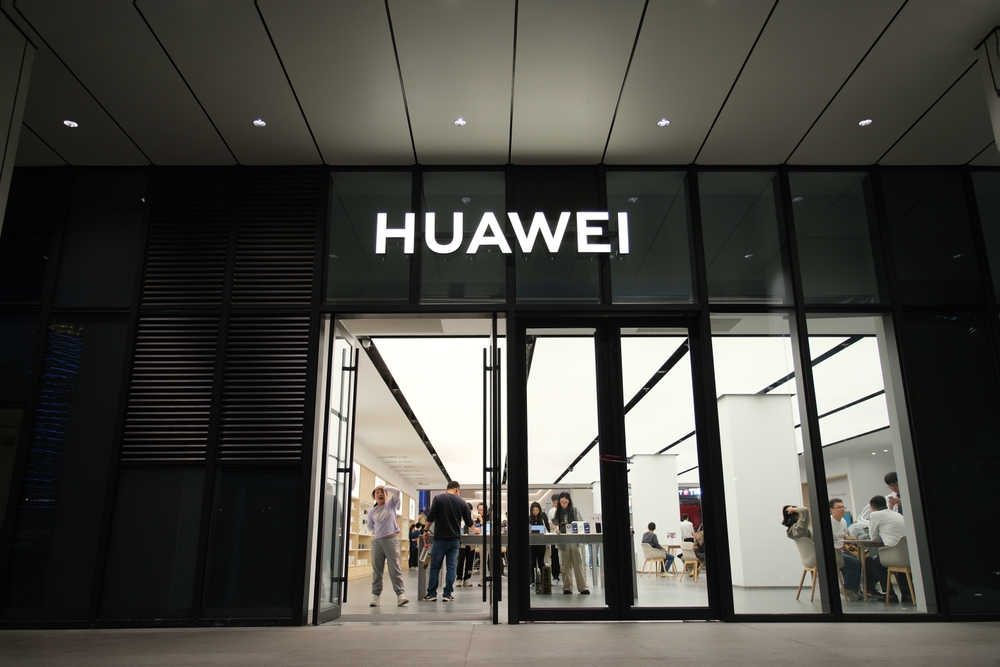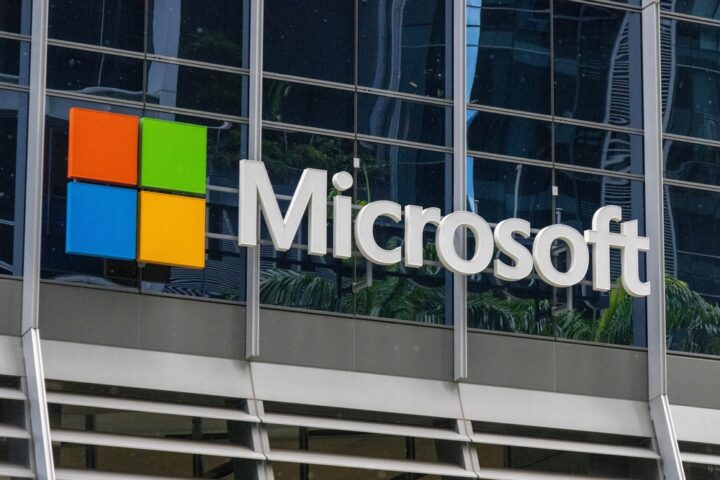Huawei has taken a major step forward in its software development by announcing HarmonyOS NEXT, a significant upgrade to its HarmonyOS operating system. What sets this new version apart is its complete independence from Android, marking a bold move by the company as it seeks to build a self-sustaining ecosystem free from U.S. technology. Based on the open-source OpenHarmony project, HarmonyOS NEXT reflects Huawei’s growing commitment to developing alternatives to Western tech amid ongoing restrictions.
Key Features and Enhancements of HarmonyOS NEXT
HarmonyOS NEXT is set to launch first in China, with plans for eventual global availability. While the system maintains a similar look and feel to the original HarmonyOS, it introduces several key changes. A revamped lock screen offers a flatter design with enhanced customization options, while the control center has been redesigned for easier access and smoother animations. These adjustments aim to provide a more streamlined and intuitive user experience, but the home screen retains the familiar layout seen in previous versions.
A standout feature of HarmonyOS NEXT is its integration of system-level AI, powered by Huawei’s Pangu large language model. This advancement brings more intelligent and responsive capabilities to the operating system, allowing for improved device performance and personalized features. Security has also been enhanced with a new system called “Star Shield,” which offers robust protection for devices running HarmonyOS NEXT.
According to Richard Yu, Chairman of Huawei’s Consumer Business Group, the HarmonyOS NEXT ecosystem has already grown to include 15,000 apps and services, positioning it as a viable alternative to Android. This development reflects Huawei’s determination to foster an independent app ecosystem, critical as the company moves away from relying on Android-based applications.
HarmonyOS NEXT and Huawei’s Strategy Amid U.S. Restrictions
The creation of HarmonyOS NEXT is a direct response to the ongoing U.S. restrictions on Huawei, which have significantly impacted the company’s ability to access Android and other U.S.-based technologies. These restrictions are part of broader national security concerns that have led to Huawei products being banned at the federal level in the U.S. While consumers in the U.S. aren’t entirely prohibited from purchasing Huawei products, they are difficult to find due to these limitations.
In this context, HarmonyOS NEXT represents a crucial part of Huawei’s strategy to sidestep the impact of U.S. sanctions. By creating an operating system completely independent of Android, Huawei is not only working to sustain its hardware business but also aiming to position itself as a leading developer of software solutions, especially in markets where it faces fewer restrictions.
Current Availability and Huawei’s Future Plans
HarmonyOS NEXT is currently available in public beta in China and supports several of Huawei’s latest devices, including the Huawei Pura 70 series, Huawei Pocket 2, and Huawei MatePad Pro 11 (2024). These early rollouts give users a chance to experience the new OS and provide feedback as Huawei continues to refine the system.
In addition to HarmonyOS NEXT, Huawei has been busy expanding its product lineup. Recent months have seen the release of new tablets like the MatePad Pro 12.2 and MatePad 12 X, as well as the introduction of new smartwatches. Despite the challenges posed by U.S. sanctions, Huawei remains committed to innovation, pushing forward with both hardware and software advancements to compete in the global market.
With the launch of HarmonyOS NEXT, Huawei is making a decisive shift toward independence from Android and U.S. technology. By developing its own ecosystem with enhanced AI capabilities and robust security features, Huawei is positioning itself to thrive despite the challenges posed by international restrictions. As HarmonyOS NEXT continues to evolve, it will be interesting to see how the operating system competes on a global scale and whether it can attract more users and developers to its platform.







